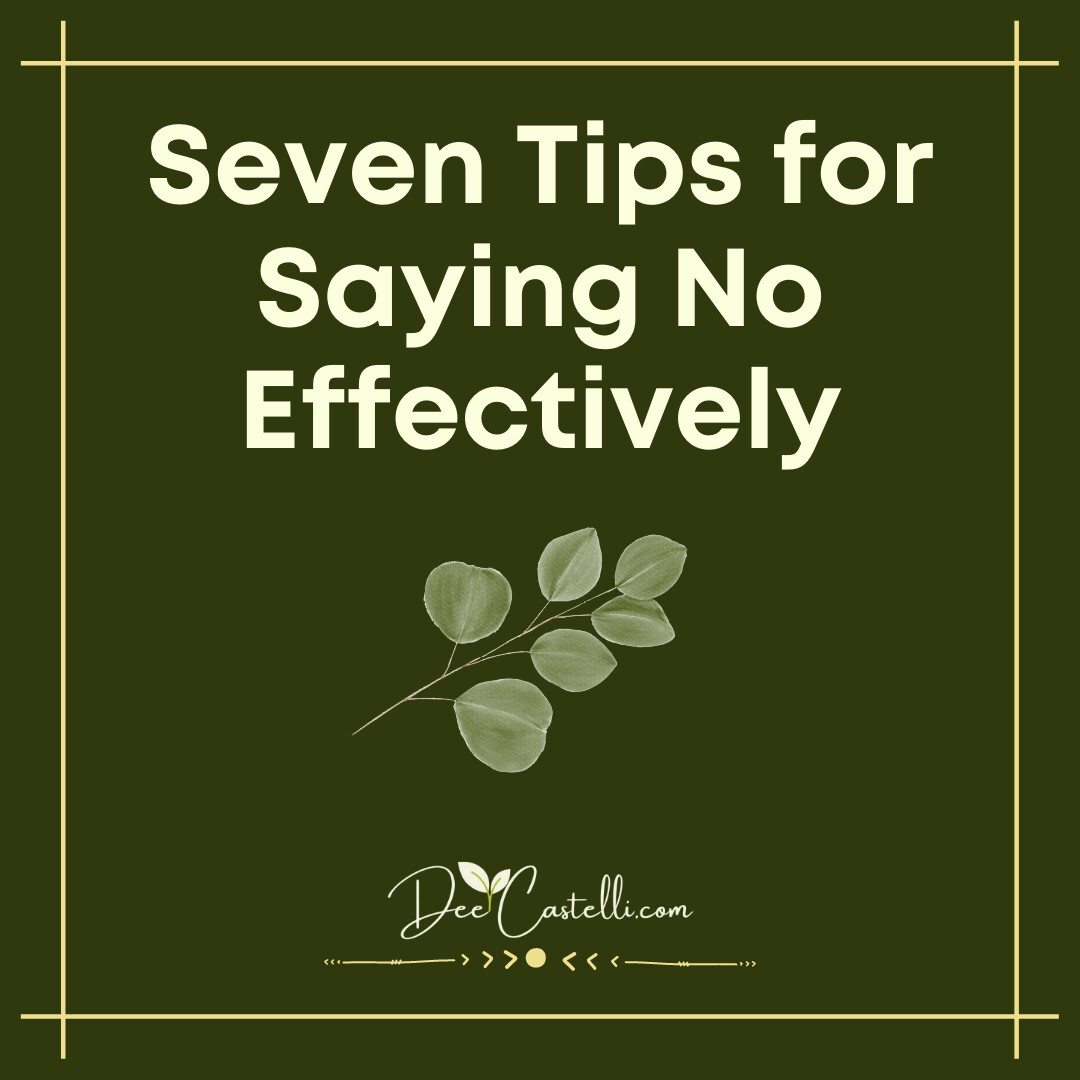
My #1 tip: Don't give more information than what’s necessary. When you overexplain, it’s just human nature for the other person to want to "help" you overcome your difficulty doing the thing they want. The more information you provide, the more reasons you list, the natural inclination for the other person is to try to help you overcome those reasons.
Personally, I find it a challenge to say the actual word “no” because I perceive it as confrontational. This is likely because for most of my life, the word “no” was cause for confrontation and strong argument. So, naturally, I came up with ways to say no without actually having to say the word.
Here are some ways to decline and soften the word "no" without saying why you can't do the thing:
- That sounds really nice, but I can't.
- That sounds fun, but I don't think I can.
- I'd love to, but it’s not possible.
- I'd really prefer not to.
- That really won't work for me.
- Maybe some other time.
- I'll have to pass.
Have you ever had to provide a response but been so panicked that you became frozen and unsure what to say? That used to happen to me. Here are two possible responses to help in that situation. Try this or another variation that sounds natural to you:
- Let me check with my family and get back to you.
- Let me check my calendar and I’ll let you know.
With one work situation, I noticed that I would frequently be asked to do something, but once I completed the work, I found out it wasn’t needed. It had been an idea the person had in that moment but didn’t actually think through. It had been a waste of my valuable time. The key here was to add space between the request and my actions. It was a buffer to allow room for thought. You can commit to return or you can leave it with them. Here's what worked well in that situation:
- That sounds like a great idea, let me brainstorm. (on me to return to them)
- Let me give it some thought and get back to you in a few days. (on me to return to them)
- Check back with me on Wednesday and I'll let you know. (on them to come back to me)
Inevitably, this person never returned and completely forgot they had requested the thing they didn't need in the first place.
Here's the other thing—and you really need to own this 100%. You are not responsible one little bit for how someone feels about your decision to opt out when they ask you for something that you cannot do. Read that again.
Some final words of caution:
- You may actually need to use the word “no” with some people—and only the word “no”—because anything else is too fuzzy and not perceived as a no.
- Some people still hear "yes" with a very clear no is given.
- If others keep asking even after a very clear no is given because they didn’t get the answer they want, repeat your no more firmly.
Finally, practice out loud. It was a huge help for me to hear my own voice actually say the words. Have you ever tried that?
Download this free tip sheet PLUS some graphics so you can learn the art of a gentle yet effective no.
Bonus Video Share
Share your thoughts and comments below ▼ I love hearing from you ❤️
Click here to get your Aroma Reset guide - This simple technique clears your limiting beliefs and negative thoughts. Your powerful sense of smell unlocks the part of your subconscious brain responsible for making decisions on autopilot. That instinct or survival brain isn't open to reason and logic. Empower yourself at that level to accomplish every goal you set!
Copyright © 2023 All Rights Reserved by Lemons and Sage, LLC

 Hello and welcome to my little corner of the web where I share my healing journey with you. That sharing helped many along their own healing journey. As you read I wish the same for you.
Hello and welcome to my little corner of the web where I share my healing journey with you. That sharing helped many along their own healing journey. As you read I wish the same for you.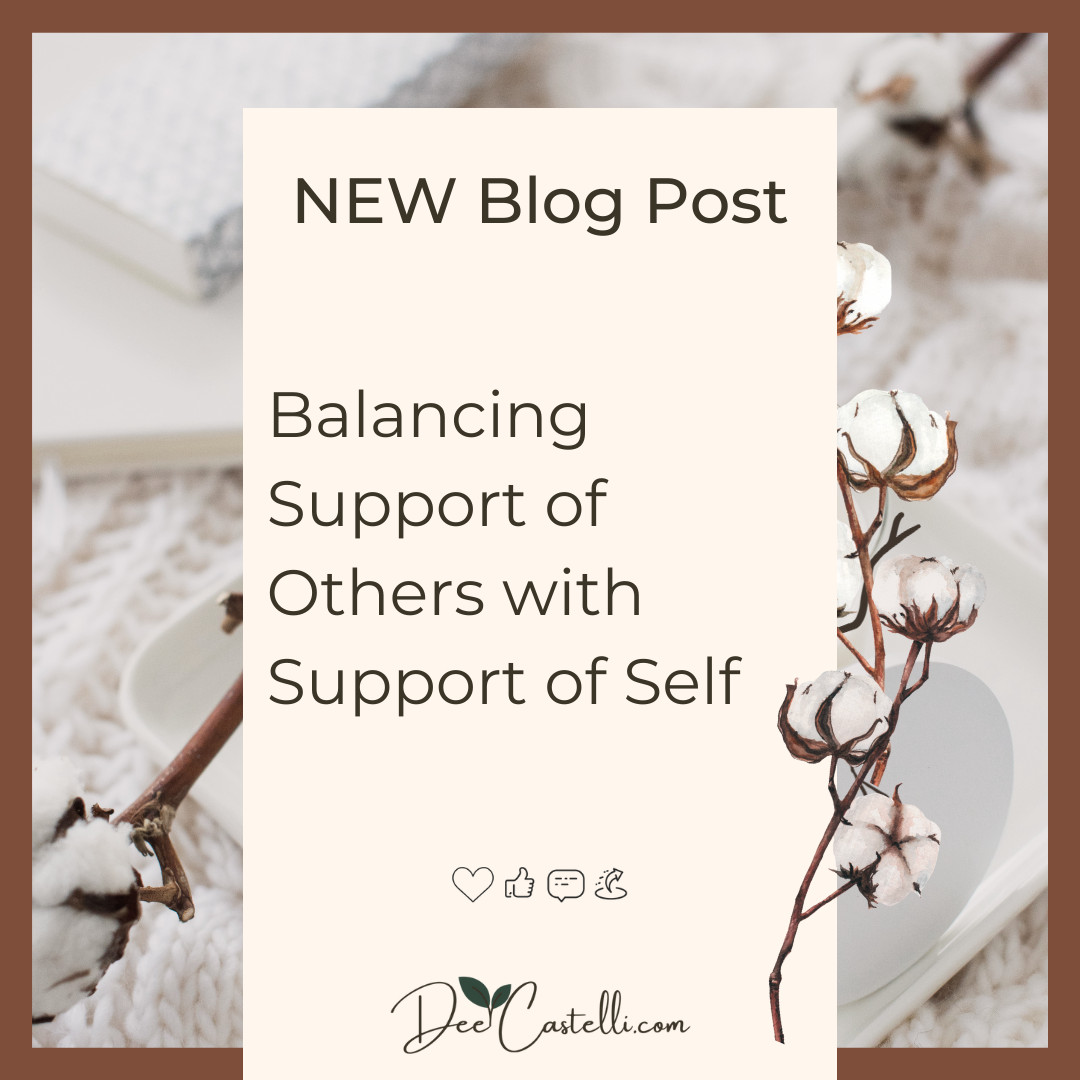
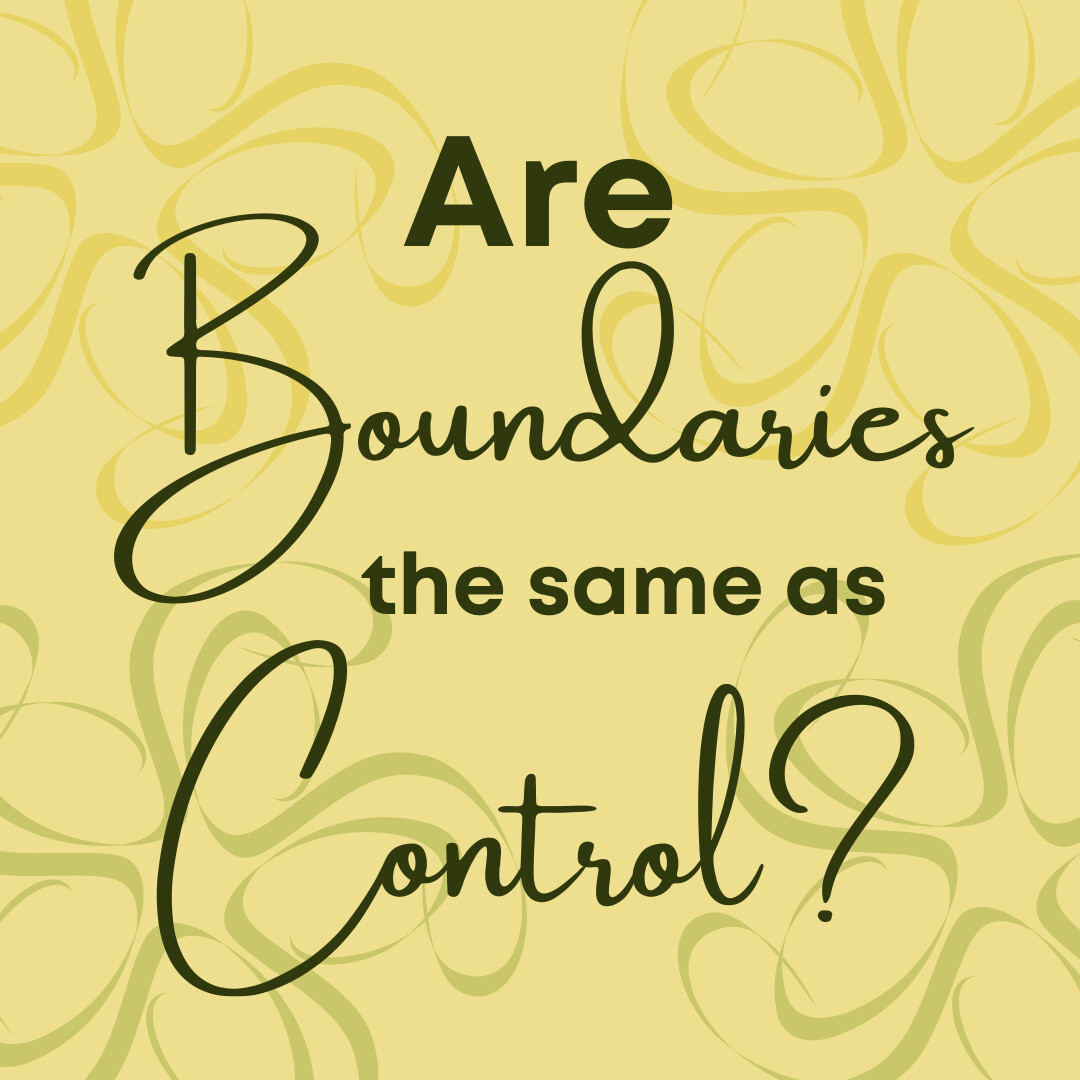








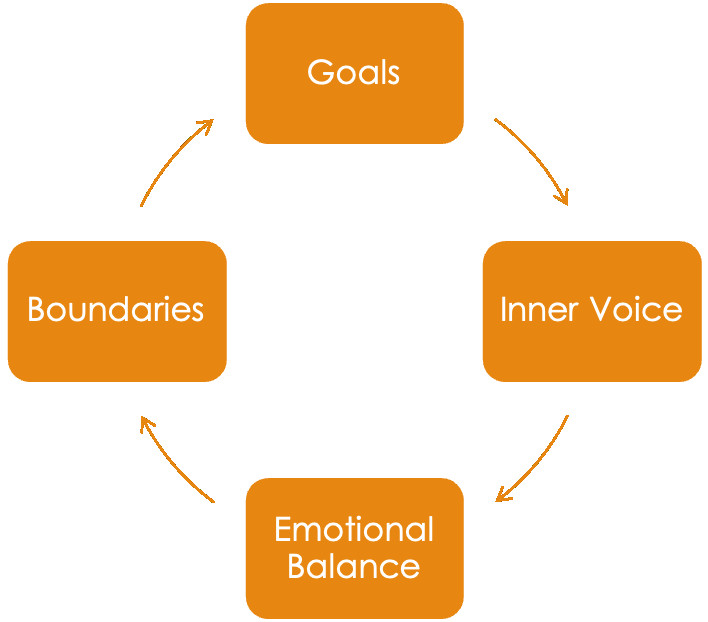


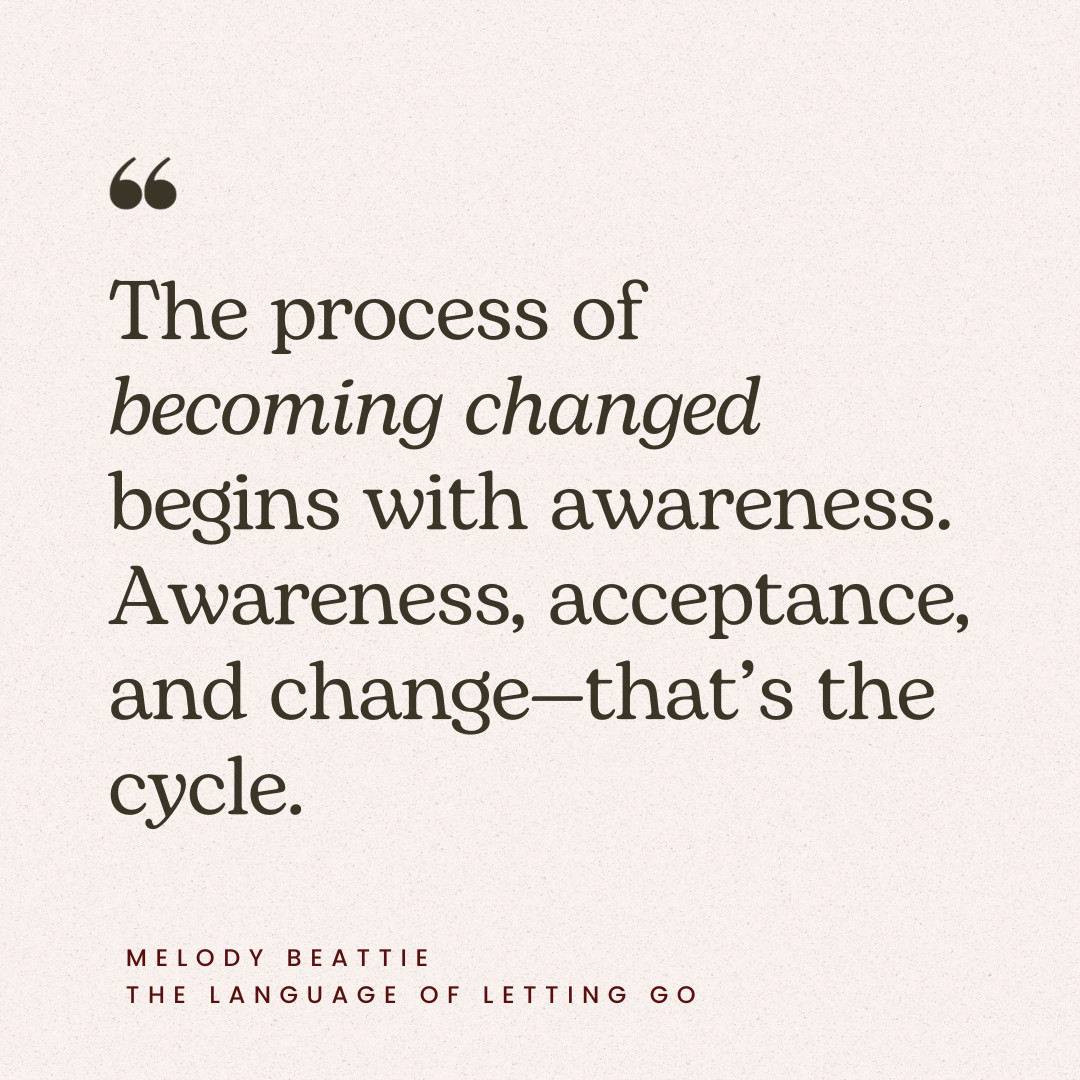


1 Comment